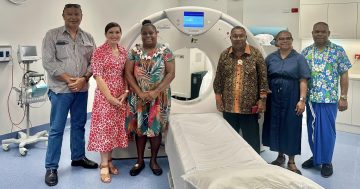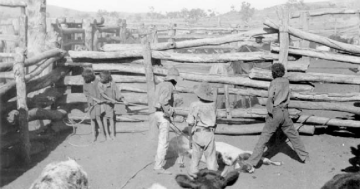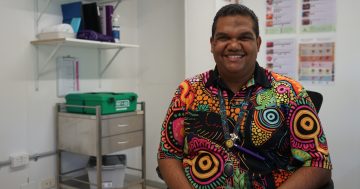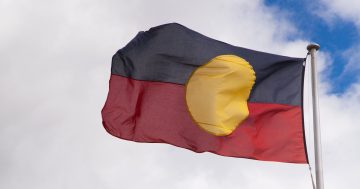 1. This week 10 years ago, the Department of the Prime Minister and Cabinet (PM&C) celebrated its 100th anniversary with the launch of the book From Postbox to Powerhouse: A Centenary History of the Department of the Prime Minister and Cabinet by Professor Patrick Weller, Professor Joanne Scott and Bronwyn Stevens.
1. This week 10 years ago, the Department of the Prime Minister and Cabinet (PM&C) celebrated its 100th anniversary with the launch of the book From Postbox to Powerhouse: A Centenary History of the Department of the Prime Minister and Cabinet by Professor Patrick Weller, Professor Joanne Scott and Bronwyn Stevens.
Secretary of the Department, Terry Moran said that when the Department began in 1911 it was little more than a clearing house for correspondence from the Prime Minister to London and the States and it wasn’t until 1919 that it had a branch devoted to delivering policy advice.
He said that now, however, it played a crucial role in the Cabinet process and was involved in administrative arrangements and decisions that affected every corner of the nation.
2. National Attorney-General, Robert McClelland announced the commencement of the Civil Dispute Resolution Act 2011 on 1 August which he said would result in more people resolving disputes before going to court, saving money, time and stress.
“We are moving away from an adversarial culture of litigation to a broader approach to dispute resolution,” Mr McClelland said.
“We no longer live in an age where the only proper way to settle a legal issue is through the courts.”
He said the changes would mean greater opportunities for resolution, rather than the overuse of a system that prioritised “winners and losers”.
3. A decade ago this week, the WA Government scrapped its Office of Shared Services (OSS) after an investigation by the State’s Economic Regulation Authority (ERA), which was prompted by complaints from client Departments about delays in service and inadequate outcomes.
The ERA recommended the OSS be wound up and the corporate services it was set up to provide be returned to individual Agencies. Premier, Colin Barnett agreed to the recommendation.
Mr Barnett said the ERA’s analysis indicated that decommissioning the OSS represented the least cost and most certain option for delivering corporate services.
4. New national measures allowing Government Agencies to cross-check documents to prevent identity theft and fraud moved a step closer with Victoria and Western Australia signing on to the Council of Australian Governments’ Document Verification Service (DVS).
“The Document Verification Service significantly improves protection of people’s identity by allowing documents commonly used as proof of identity to be quickly checked electronically by the issuing Agency,” Federal Attorney-General, Robert McClelland said.
“Importantly, no DVS information is retained on any central database. Its purpose is to allow authorities to verify the authenticity of documents issued by other Agencies.”
5. Also this week, the Australian Defence Force acknowledged the role of Aboriginal and Torres Strait Islander people in defending Australia and its national interests at an inaugural service at the Australian War Memorial.
The event saw Aboriginal and Torres Strait Islander flags also on display at Defence Headquarters in Canberra for the first time to mark National Aborigines and Islanders Day Observance Committee (NAIDOC) Week.
The Memorial Service recognised the contribution Aboriginal and Torres Strait Islanders made in all major conflicts since the Boer War.
6. And in Queensland 10 years ago, a review of the State’s superannuation funds revealed it was the only State in Australia to have fully funded its superannuation liabilities.
The Queensland State Actuary review found the State’s superannuation scheme had not been spared from the impacts of the Global Financial Crisis, but the decision to transfer Queensland Motorways Limited to the Defined Benefit Fund had ensured it remained in surplus by around $400 million.
State Treasurer, Andrew Fraser said Queensland’s ability to fully fund its superannuation liabilities was something no other State could claim.
“It is a result of a longstanding commitment from both sides of politics to retain a strong superannuation scheme,” Mr Fraser said.











